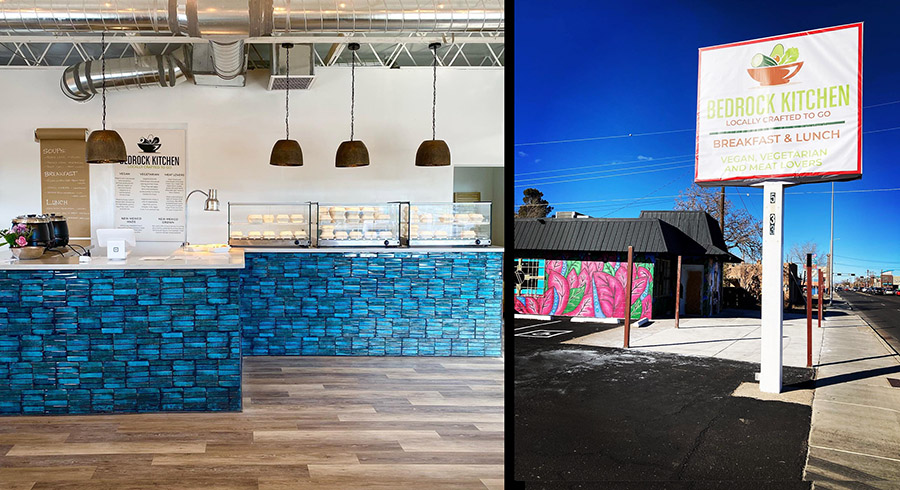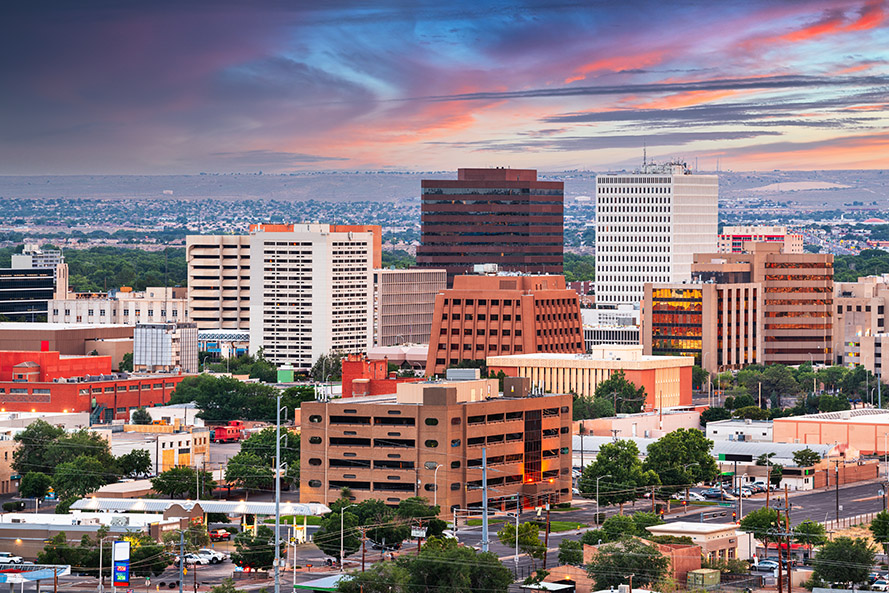An April 10, 2025 article in The National Observer suggests that tariffs…

E-Commerce E-nlightenment
There have been talks of a pending recession. Will it make its appearance in 2023 or wait until 2024? Let’s take a look at what an expert says.
Former US Treasury Secretary Lawrence Summers assured Commercial Real Estate executives while in the stubbornly high inflationary period “if the car’s going faster, we need a stronger brake, but that doesn’t mean we’ll hit the wall before the car stops.”
A recession of choice
Summers predicts continued rate increases by the Fed will create a “recession of choice” that will bring the unprecedented job growth of the past year to a halt. “We have incessant inflation due to a collision between demand and supply, and the Fed intends to contain it by restricting demand by raising rates,” Summers said. “My best guess is that the economy will go into recession and we’ll have a year of contraction of job growth.”
However, Summers also had these encouraging words. “The economy and the commercial real estate sector in particular, is in much better shape to weather an economic downturn than it was in 2008 when the housing market collapsed.” He went on to say, “We won’t see something like 2008 again,” noting homeowners are much less leveraged, inventory is not overbuilt and lenders are stronger and much more careful in underwriting mortgages than they were during the sub-prime crisis.
It may take a few months for the recession to materialize because fundamentals like consumer spending remain robust and still have some room to grow. “It’s important to remember there’s still a big savings overhand because of the amount of money people couldn’t spending during the pandemic.”
Lingering pandemic effects
Summers counseled commercial real estate players not to assume “structural” trends have been unleashed by the pandemic, including the rise of remote work and the surge in e-commerce will impact negatively on the demand for commercial real estate. “There will be substantial ferment and opportunity in commercial real estate markets, even in a year or two when you won’t see job growth,” Summers said.
He goes on to say, “Many people think it will be bad if employees work from home. That’s wrong. When people go to different places, their migration becomes a source of real estate demand. The rapid expansion of e-commerce during the pandemic created an exponential demand for warehouses.
In the office sector, Summers believes hybrid work is here to stay, however, he does not believe it will have as much of an impact on office footprints as some may be projecting. “If people come to the office three days a week, employers will want everyone to come in on the same three days, so that will have less impact on office footprints,” Summers said.
CRE: Still strong
Additionally, he predicts “the role of commercial real estate in portfolios is likely to be greater in the months and years to come.” With cap rates currently averaging 5.7% across asset classes, commercial real estate still remains a compelling investment opportunity compared to stocks and bonds. Additionally, commercial real estate is tax advantaged and on an after-tax basis, it looks even better.
Albuquerque and New Mexico still offer many commercial real estate opportunities. Although somewhat harder to find, I know of several. If you are considering either selling or buying commercial real estate in the coming months, I would enjoy talking with you and helping you strategize your next investment.



